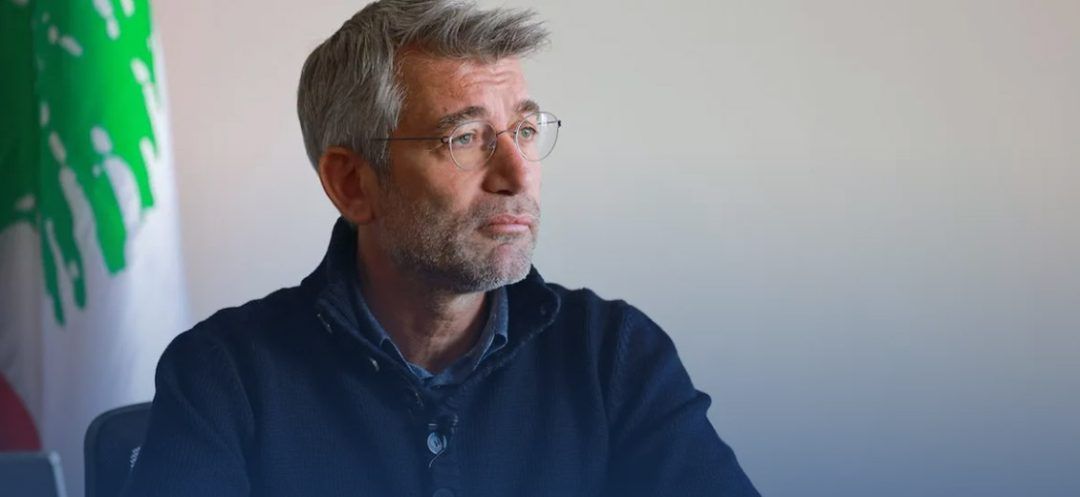
The caretaker Minister of Energy and Water, Walid Fayad, said on Monday that studies had begun for the construction of two renewable energy plants by early 2025.
He pointed out that there are 11 licenses for the construction of renewable energy plants, saying that CMA CGM has purchased two and has begun studies to build two renewable energy plants by early 2025.
Fayad revealed that he had proposed that QatarEnergy and TotalEnergies purchase the remaining nine licenses, suggesting that the government authorizes, in accordance with the law, an increase in renewable energy megawatts.
He also stated that, according to the latest statistics, Lebanon operates with over 1,500 megawatts of solar energy, or 20% of energy consumption, stressing that it would be possible to reach 40% by 2030.
Fayad mentioned that, according to what some companies told him, the blocks in Lebanese waters are “important,” particularly block 9, which remains promising.
In an interview on the LBCI channel, he also stated that the start-up of the Zouk and Jiyeh power plants had been suspended because Électricité du Liban (EDL) was awaiting approval from the Court of Auditors, despite the supply of B fuel, which is cheaper than the diesel used in the Zahrani and Dar Ammar power plants, the only two in operation.
Fayad stressed that the public supplier does not wish to operate the plants without “the opinion of the Court of Auditors due to previous disputes with the operating company,” in order to ensure the protection of the contract. He pointed out that, to date, no clear answer from the Court of Auditors has been provided.
With regard to the chemicals stored in Tripoli and Zouk, the Minister of Energy assured us that he was awaiting the conclusion of the tenders to remove them. He insisted that they do not pose a threat to public safety, but that they must be disposed of all the same.
He pointed out that there are 11 licenses for the construction of renewable energy plants, saying that CMA CGM has purchased two and has begun studies to build two renewable energy plants by early 2025.
Fayad revealed that he had proposed that QatarEnergy and TotalEnergies purchase the remaining nine licenses, suggesting that the government authorizes, in accordance with the law, an increase in renewable energy megawatts.
He also stated that, according to the latest statistics, Lebanon operates with over 1,500 megawatts of solar energy, or 20% of energy consumption, stressing that it would be possible to reach 40% by 2030.
Fayad mentioned that, according to what some companies told him, the blocks in Lebanese waters are “important,” particularly block 9, which remains promising.
In an interview on the LBCI channel, he also stated that the start-up of the Zouk and Jiyeh power plants had been suspended because Électricité du Liban (EDL) was awaiting approval from the Court of Auditors, despite the supply of B fuel, which is cheaper than the diesel used in the Zahrani and Dar Ammar power plants, the only two in operation.
Fayad stressed that the public supplier does not wish to operate the plants without “the opinion of the Court of Auditors due to previous disputes with the operating company,” in order to ensure the protection of the contract. He pointed out that, to date, no clear answer from the Court of Auditors has been provided.
With regard to the chemicals stored in Tripoli and Zouk, the Minister of Energy assured us that he was awaiting the conclusion of the tenders to remove them. He insisted that they do not pose a threat to public safety, but that they must be disposed of all the same.
Read more



Comments